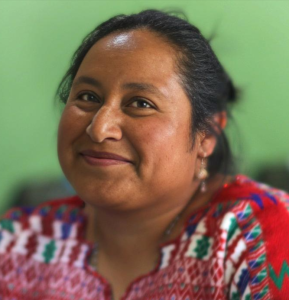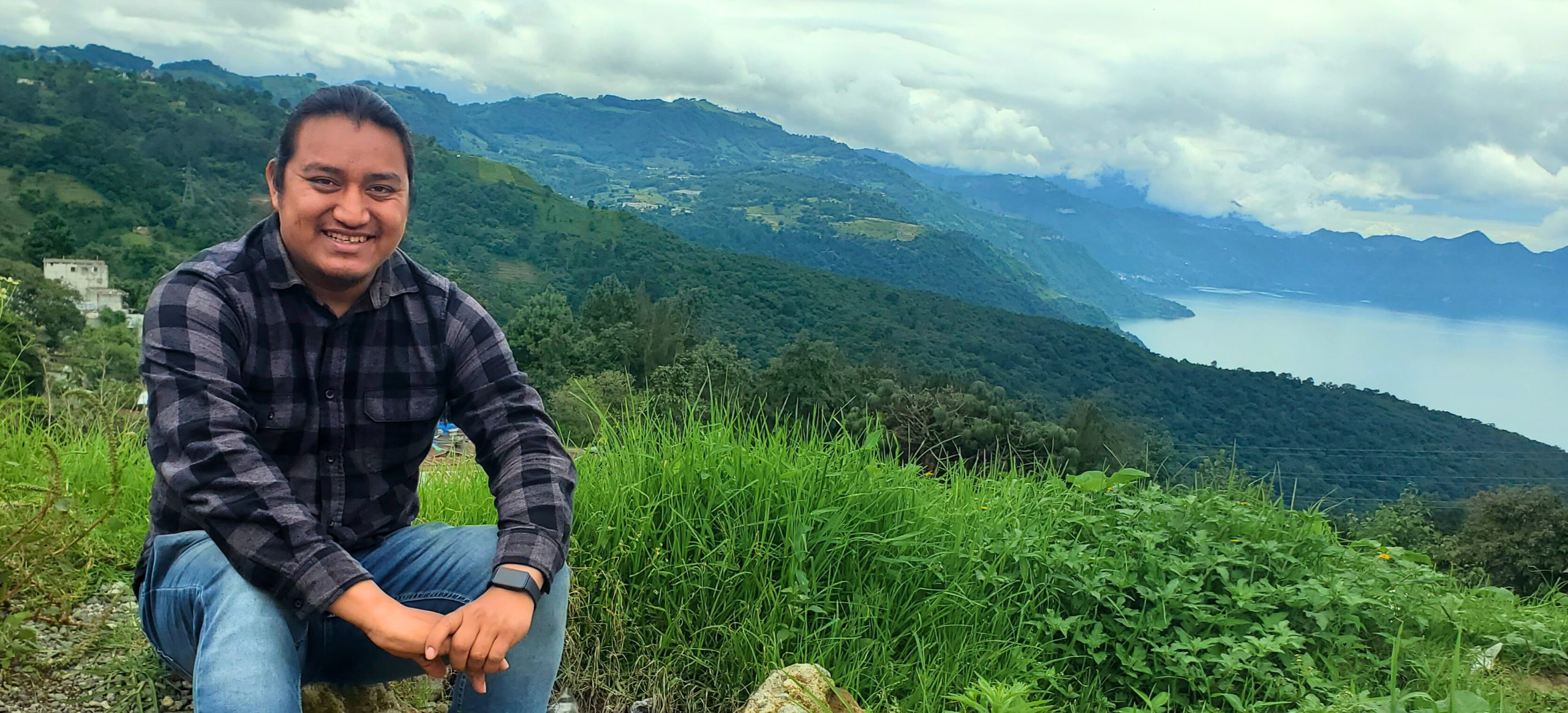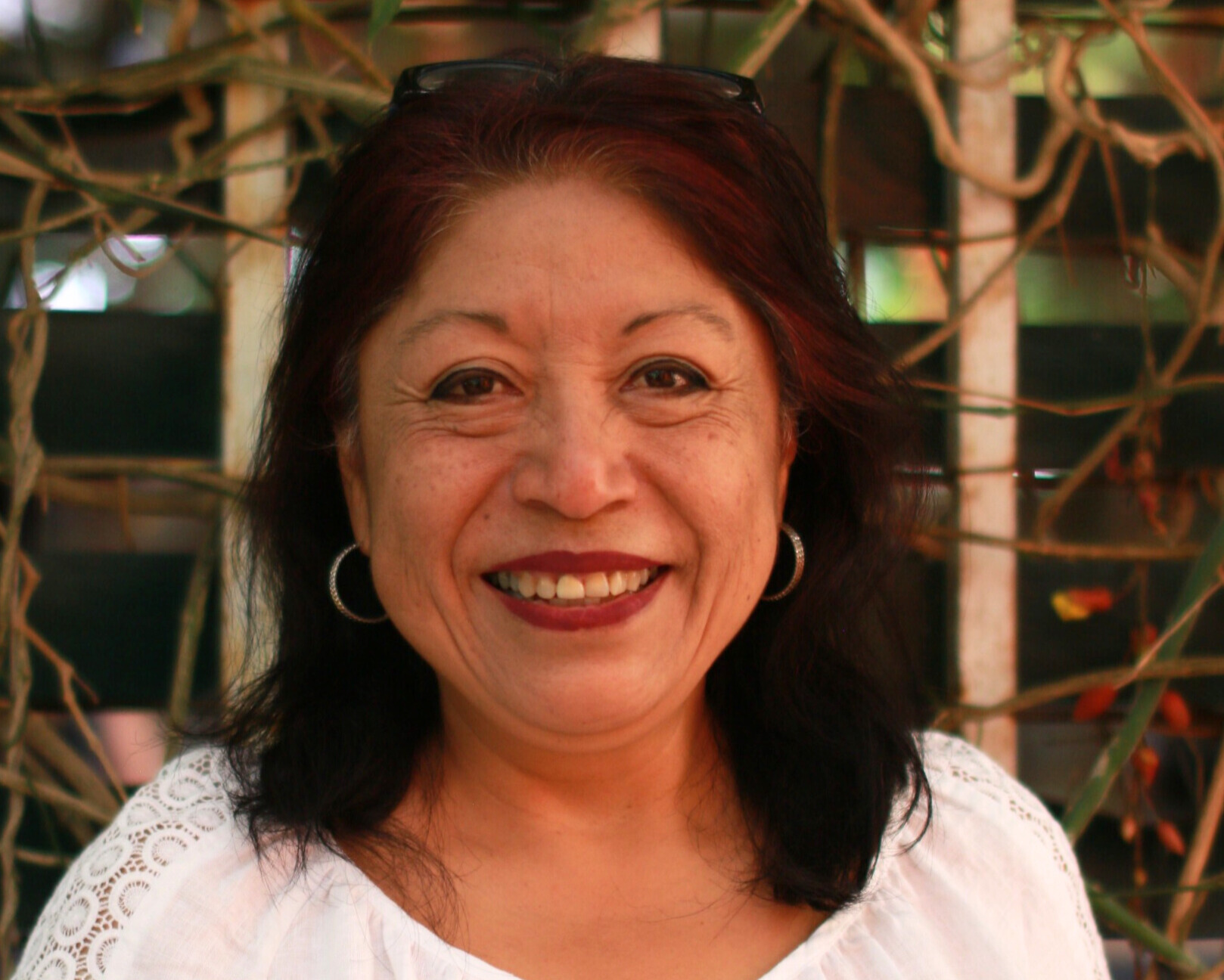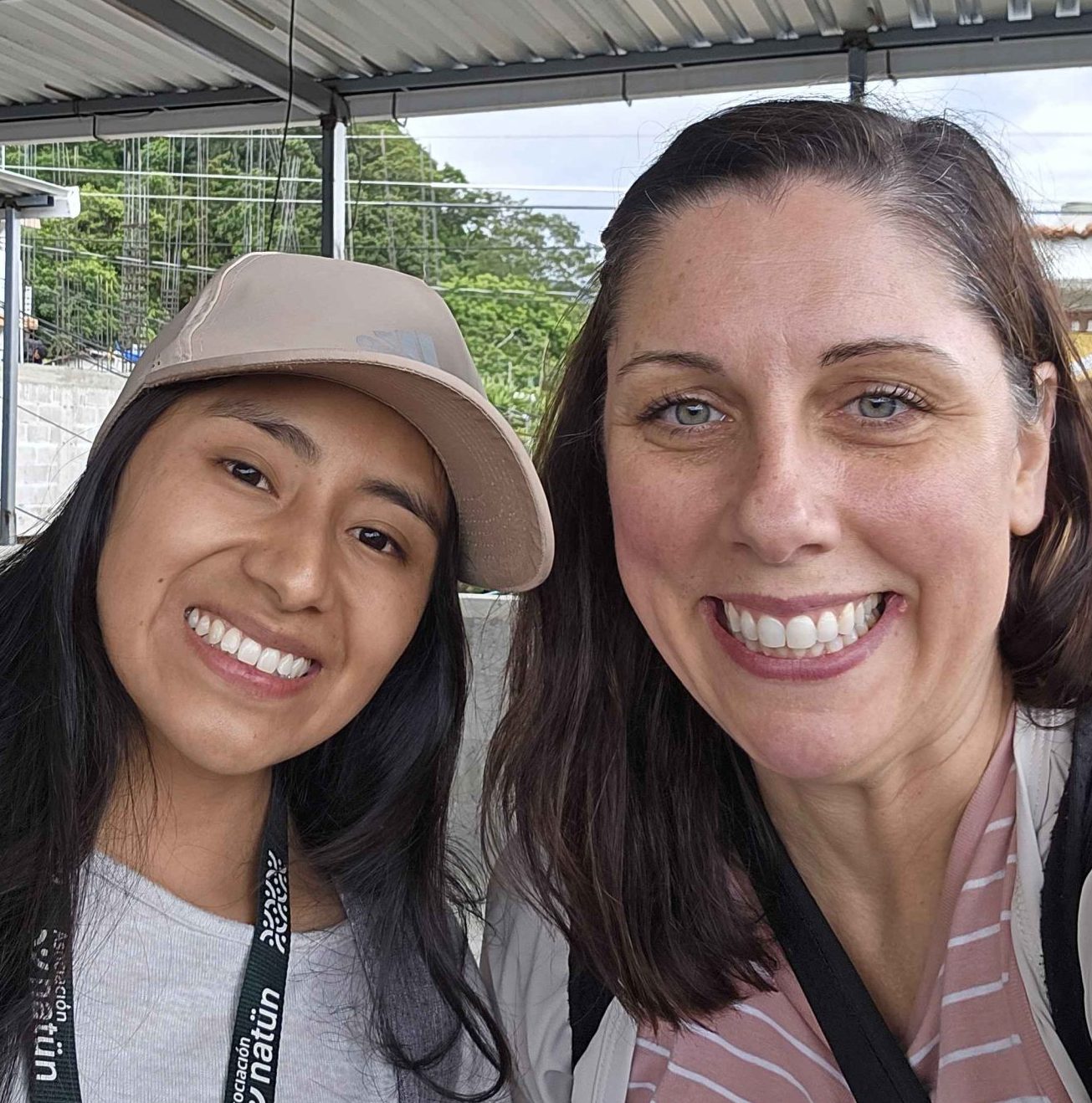Recent shifts in U.S. foreign aid and ongoing market instability have created ripple effects across Central America. For Indigenous communities in Guatemala already facing systemic under-resourcing, these changes mean fewer economic opportunities and rising costs for basic necessities. Families are finding traditional income sources less reliable while prices for essentials continue to climb.
Natün’s 2019 socioeconomic study, conducted with families participating in our programs, found that households had an average income of just $1.20 per person per day. Moreover, 60% of families reported that daily expenses exceeded income, and 62% said their top concern was securing enough food for their families.
In this context, the need for locally controlled economic solutions has never been greater. Maya women around Lake Atitlán are creating new pathways to economic independence—building on skills and knowledge that have sustained communities for generations.
We’d like to introduce you to Leticia, a Maya-Kaqchikel entrepreneur whose story embodies the power of community-led solutions.

Leticia’s Journey to Business Ownership
Building on Cultural Heritage
Leticia, a Maya-Kaqchikel entrepreneur from San Andrés Semetabaj, embodies this resilience. Surrounded by the elaborate embroidery patterns and techniques central to her cultural heritage, she explains:
“This is a way to earn income. If you have the passion, you have to go for it. It is possible. You just have to find what to sell.”
Her vision reflects a long tradition of Maya women as innovators and community business leaders. Two years ago, Leticia found Natün’s Trade School courses and saw an opportunity to transform her traditional textile skills into economic independence.
From Skills to Sales
Natün’s Trade School builds on existing community knowledge instead of imposing outside solutions. Leticia completed beginner, intermediate, and advanced sewing workshops that expanded her expertise and provided access to equipment and mentorship.
She started by borrowing a sewing machine to make and sell pieces to family members. Word spread quickly, and soon orders came in for traditional blouses, table centerpieces, and pillows.
Navigating Challenges
The path to entrepreneurship isn’t without obstacles. Leticia shares,
“There’s a lot of criticism, especially as a woman. They say we can’t do it. It’s discouraging. There’s a lot of machismo.”
But her vision stays clear:
“Even with fear, you can discover you have skills.”
In December 2024, Leticia officially launched her small business. Today, she’s one of 12 women in Natün’s advanced entrepreneurial program learning pricing, budgeting, and financial planning to weather economic uncertainties.
 Natün’s Community-Led Economic Development
Natün’s Community-Led Economic Development
Our comprehensive programs support Maya women with:
- Trade School courses combining traditional techniques with business training. In 2024, a total of 111 students graduated from Natün’s Trade School with a Ministry of Education-accredited certificate. Courses included sewing, back-strap weaving, embroidery, baking, and culinary arts.
- Access to equipment like sewing machines to start businesses.
- Personalized business mentorship in pricing, marketing, and finances. In 2024, 286 women entrepreneurs increased their monthly income by an average of $52 per month.
- Advanced training for women scaling enterprises
- Microcredit access for business growth
- Community networks for peer learning and collaboration. Natün facilitated 8 community-based savings groups with a total of 153 women participants who collectively saved $29,701 in 2024.
This holistic approach fuels individual success and strengthens community economic resilience.
Sustainable Solutions Through Cultural Strength
Leticia’s story shows how community-led initiatives that honor Maya knowledge can create lasting, sustainable economic opportunity even amid global uncertainty.
Her success continues a proud tradition of Maya-Kaqchikel women’s entrepreneurial leadership—turning cultural heritage into empowerment and self-sufficiency.






